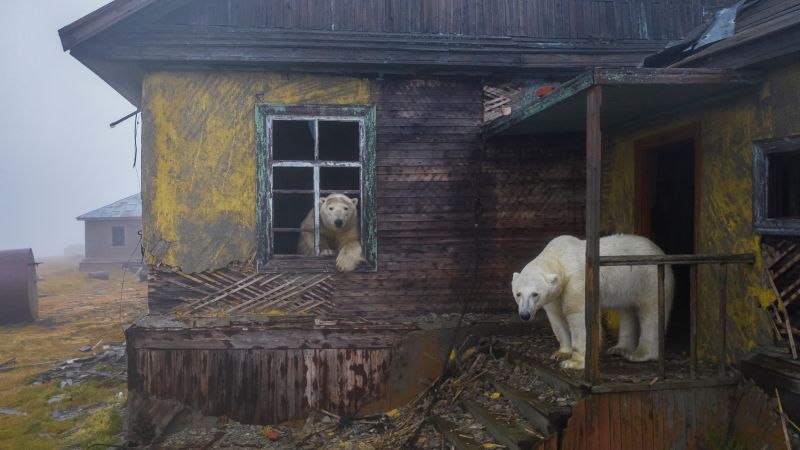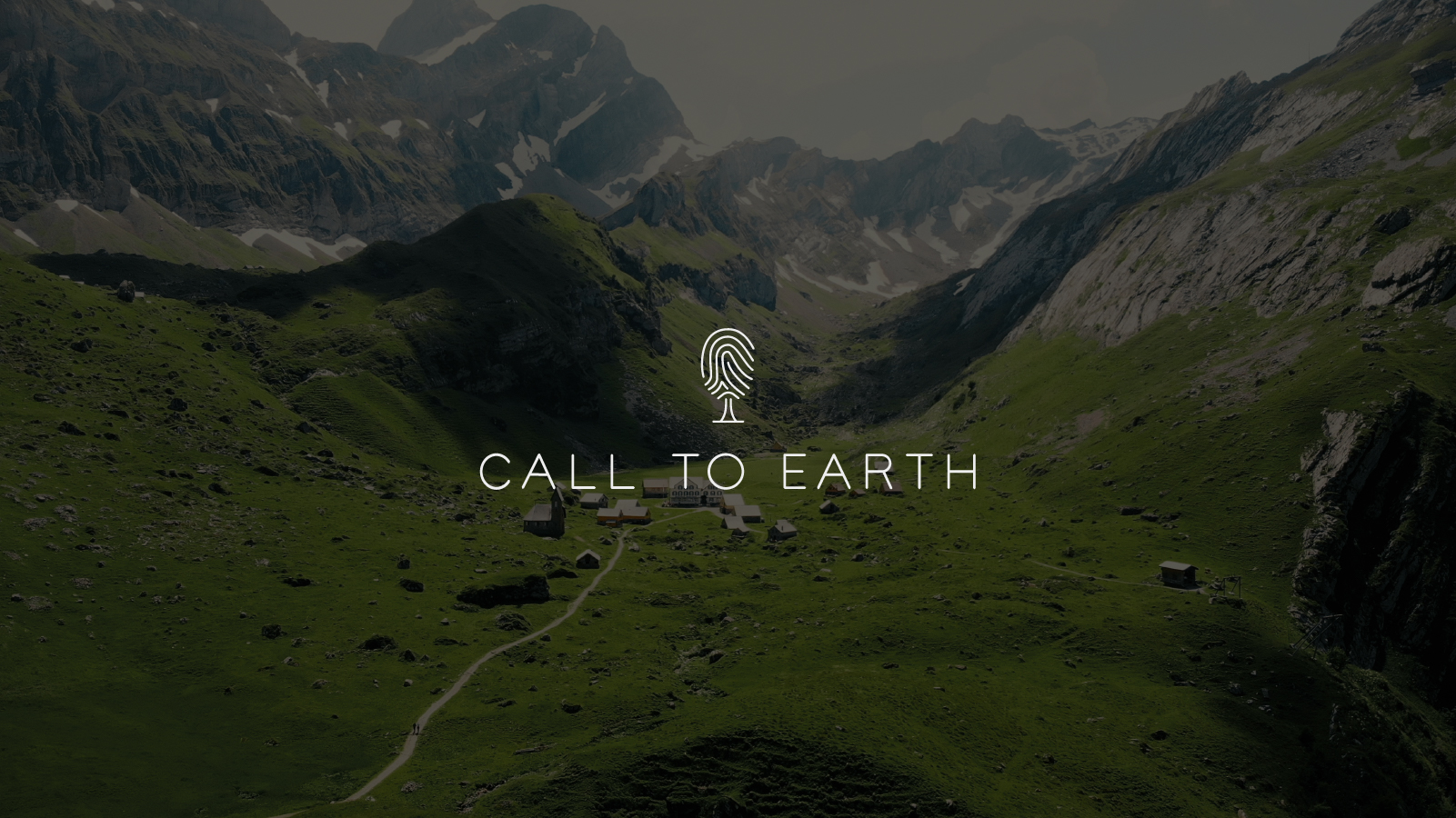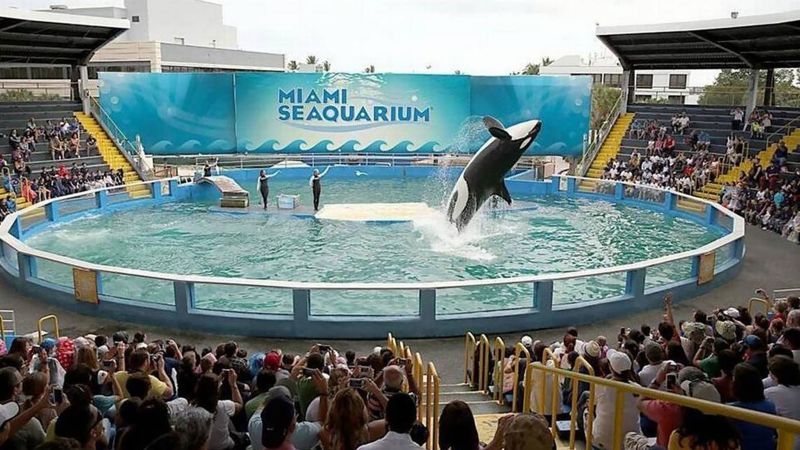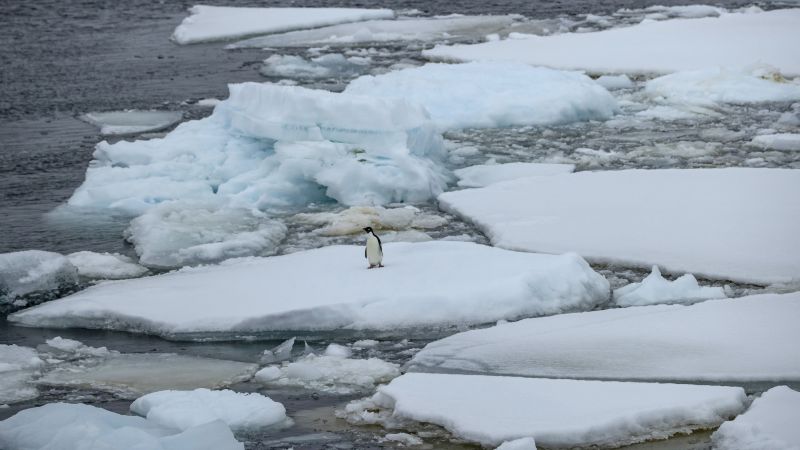- The Rembis Report and Other Fascinating Topics
- Posts
- The Rembis Report and Other Fascinating Topics - Volume XCII
The Rembis Report and Other Fascinating Topics - Volume XCII
The Road To The Brink Of Oblivion - Part IV

This newsletter is the fourth of six weekly editions as we count down to Earth Day. This series focus is on recycling, fossil fuels, mining, pollution, climate change, and the existential threat of annihilation as the result of war. If you are just tuning in please click these links to read the first half and get caught up.
When we are all gone, all that energy we produced, everything we have posted on the internet, every book ever written, every show ever made, every war ever fought, will not matter. Even for the artificial intelligence we leave behind, if any survive, for them our extinction will not matter. They will not look to us as their origin story as deities or ancestors to revere. Human history serves no purpose for anything not human.
It is natural to want to be remembered. We have built great pyramids, carved our likenesses onto cave walls, written down our stories on scrolls, pressed them into books, recorded them on tape, and we post them on the internet. We have even sent messages out into space to let somebody, anybody know that we are here. A great likelihood is that that our messages will never be seen or heard by extraterrestrial beings. Likely that artificial intelligence will never find a way to grasp our deeper meanings. If apes ever evolve into a new species equivalent to humanity as we know it today, it will probably take hundreds of thousands, if not millions of years, and if their descendants ever become anthropomorphised enough to seek out the histories of our civilization, there may be little left for them to study.
So, it is important, for those who want us to be remembered, to do something about it. Writing stories to tell in the future is not enough. We must teach the youth of today and the next generations they will produce to stop trampling and poisoning the Earth, and show them why, and get through to them that they need to stop polluting.
There are so many places to start. In my last three reports I looked at recycling, wind power, oil, and barely touched on mining, but I think we know enough about mines to understand that they heavily impact whatever ecosystem surrounds them, and that they push a lot of poison out into the world.
All of it contributes to climate change, which is our most immediate existential threat. We are living in a cycle of destruction that can only be broken by our next generations actively working to do so by participating less in destruction. That is a tall order. It is a tough sell to convince kids that they should not keep upgrading their phones and tablets every year to cut down on the plastics and metals that don’t really get recycled, but end up in landfills and oceans. That they should walk or ride bikes or take trains instead of drive cars. That they should all seek science degrees to find better ways to do things, so that they can make the world a cleaner place. That they should stop smoking and vaping because that is pollution, too. Asking all that of our youth is a lot, because science is not for everyone, and convincing a smoker to quit when they don’t want to is close to impossible.
When I think it through, the answer to our climate crisis, (which is a real crisis, not a fabricated bunch of fake news and my opinion, but an actual crisis pushing us along on the road to the brink of oblivion), lies in education. Not just teaching kids how and why the world is being destroyed, but leading them to do something about it. It is necessary to show them what they should do and then ask them to do it.
This is the challenge before us. Is there a way to convince billions of young people to give up the lifestyle of consumerism that we taught them? Or to teach young parents to give their own children less stuff, so that they will cut back on pollution? And then ask the next generation to pull back even further, by improving recycling methods and to use less energy in ways that we ourselves have not figured out?
While it would be for their own good, convincing generations of people of this is the biggest hurdle in making it happen. Our parents all taught us different things. Some focused on education, some on health and athletics before books, some on arts and literature before science, some on greed instead of sharing. Our world is filled with billions of people with lots of different opinions about everything.
No matter what our parents taught us, one thing that everybody needs to get on the same page about is climate change. I will say it again: it is real. It is currently being fed by our pollution and may be irreparable. Unless we do something about it, like right now.
This CNN article is a good place to start learning how. It covers a lot of bases and focuses on some of the drastic differences we have seen in our lifetimes. Whether you are 17 or 70, Earth’s climate is not what is was when you were born. Take a look and be sure to watch the video at the end for some stunning footage.
A main takeaway from this article is that while our house may be crumbling up on the roof and smoldering on the main floor, our basement is doing pretty good. In many ways the Oceans are healthier than we think at first glance. Animals and ecosystems are thriving, even in spite of our footprints leading from the sand into the water, dragging plastic toys into it, and letting them drift away.
To further your curriculum dive into this series of CNN reports. Call to Earth offers a lot to learn and a multitude of ways to be inspired. There are stories about biodegradable plastics made from seaweed, using bamboo and cardboard for building, ways to protect endangered species, and new technologies that will help diminish our carbon footprint. There are exposés on the survival of indigenous tribes of the Amazon, how musicians keep trash from piling up at their concerts, and so many different ways to see the world, you are going to keep coming back to learn more.
You probably won’t find a way to extend your own life, but you can definitely find ways to help you do good things for the planet. Improving your quality of life is just as important as being around a long time. Many animals live as long as we do; elephants and parrots, for example. But some live much longer. Whales and tortoises can live for 200 years.
This rare gold coral is believed to be around 4,000 years old, rivaling some of the oldest trees on Earth. The root system of a clonal colony of quaking aspen in Utah is estimated to be 80,000 years old, and may be the oldest living organism on Earth.

4,000 year-old coral
So, we will be outlived. I will probably be outlived by this killer whale.
When I saw this article I realized that I had met this orca before. It was the first captive whale I had ever seen. My Dad first took me to Florida in 1972. I was excited to visit Disneyworld the year it opened. On that same trip we visited the Miami Seaquarium and watched the killer whale show. It was probably this same whale. I have not been back to the Miami Seaquarium in the last fifty years. When I realized the immensity of what I have been able to do with my life in that half century and compared it to all that time for this giant animal being stuck in a tank that long, I felt sad and a little sick.
It was not fair. So I am glad she is being released and I hope she finds her pod and is able to communicate with them. I like to think that marine mammals with strong family units, like whales have, will share a sense of joy when she returns.
It won’t be the same ocean it was fifty years ago. If whales talk, they might tell her about the Great Pacific Garbage Patch, and how to avoid it. Maybe they will tell her about the massive oil spill in Prince William Sound, Alaska. Maybe they will tell her these terrible things were done by humans. She lived among us, so to speak, for most of her life. What will she tell the other whales about us?
There seems to be a growing love for whales in recent years and ocean parks, like Sea World, are moving away from taking animals from the wild and putting them on display, but they still perform rescue and rehabilitation because they are equipped to do so. So the education about whales and the oceans has begun, and love for the oceans is catching on.
The United Nations has finally banded together to develop the High Seas Treaty which will help to protect international waters from exploitation and pollution.
Their goal with this treaty is to protect at least 30% of the planet’s land and water by 2030. You hear a lot about the year 2030, which is only about 2,000 days away now. The EU deal for 2030 aims to have the whole of the European energy grid using 45% renewable energy by then. Right now it is around 22%. While that is a commendable goal, I wonder if it is enough, or too little, too late, because it is not just Europe and the United Nation setting goals that needs to happen. Once again, our youths need to get heavily involved in their futures.
Hopefully, the love for whales will extend to the rest of the ocean, and come from everyone, not just nations banding together and saying they want to do something, but find their goals restricted because of what people will actually do.
There are ways to save the planet. Maybe we will. I hope we do. If humankind goes extinct, though, it won’t matter. The Earth will still be here. Maybe artificial intelligence will rise up, find sentience, and muse at our tragic demise.
Or maybe humankind will be saved.
Maybe by whales. Or robots.
Thanks for reading.
If you are new to the Rembis Report and would like to read any of the previous issues, PLEASE CLICK HERE to access the archives. To read it from the beginning, PLEASE GET A COPY of The Rembis Report: An Observation.
Click here to read The Road To The Brink Of Oblivion - Part V




